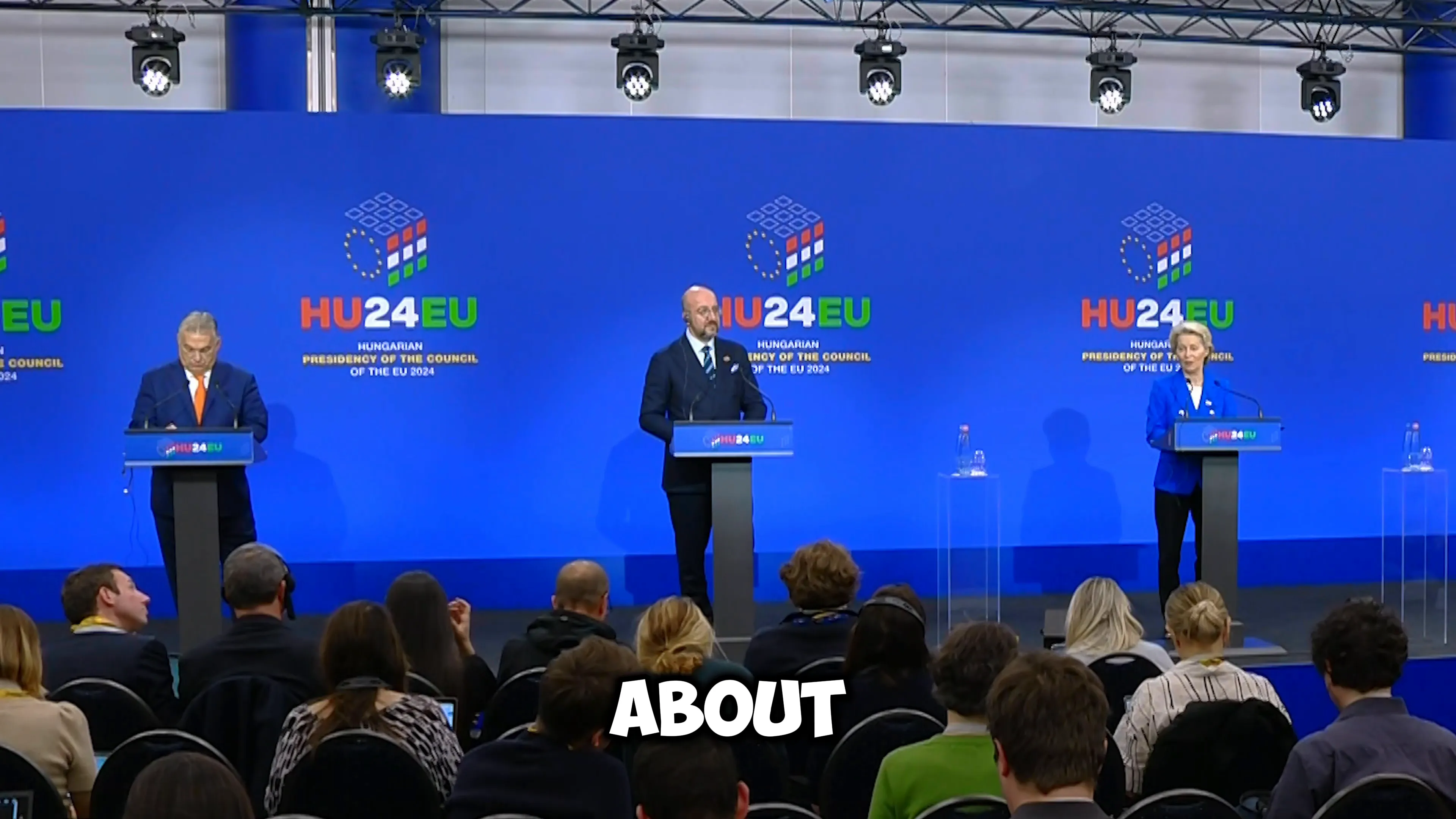The recent informal meeting of EU leaders in Budapest addressed critical issues including the fight against anti-Semitism and strategies for enhancing Europe’s competitiveness. With strong condemnations of recent violent attacks on Israeli citizens and a commitment to unity, the leaders outlined a roadmap for addressing Europe’s challenges in the coming years.
Condemnation of Anti-Semitism
In a powerful display of unity, the leaders at the summit expressed their outrage over the recent anti-Semitic attacks on Israeli citizens in Amsterdam. Ursula von der Leyen, Viktor Orbán, and Charles Michel all voiced their strong condemnation, emphasizing that anti-Semitism has no place in Europe. They reaffirmed their commitment to combat all forms of hatred, ensuring that Jewish life and culture not only endure but thrive within European borders.
The Importance of Hospitality
The leaders highlighted the significance of hospitality, particularly in the context of political disagreements. Orbán remarked on the necessity of offering a courteous welcome to guests, such as von der Leyen, despite existing tensions between Hungary and the European Commission. This sentiment underscores the value of respect and civility in diplomatic engagements, paving the way for constructive dialogue.
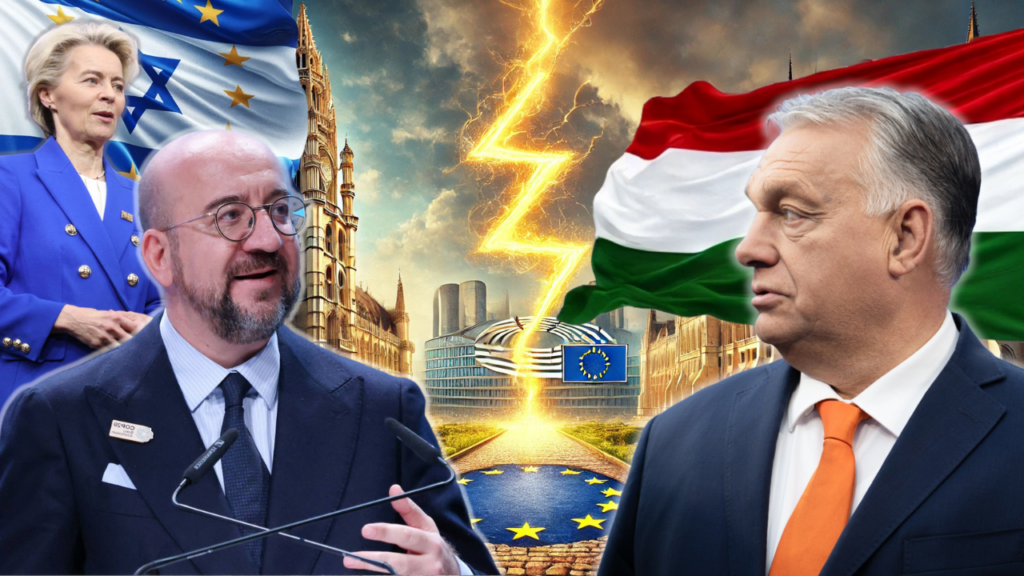
Transatlantic Relations Post-Elections
The summit also served as a platform to discuss the future of transatlantic relations following the recent elections in the United States. The leaders recognized the United States as a pivotal economic and trading partner. They emphasized the importance of building positive relations with the new administration to strengthen cooperation across various sectors.
Focus on Competitiveness
Competitiveness emerged as a central theme of the discussions. Both Orbán and von der Leyen acknowledged the need for Europe to enhance its competitive edge in the global market. They pointed to the alarming trends of slow growth and declining participation in global trade, urging immediate action to address these challenges. Key measures proposed included reducing administrative burdens and implementing urgent policies to mitigate high energy prices.
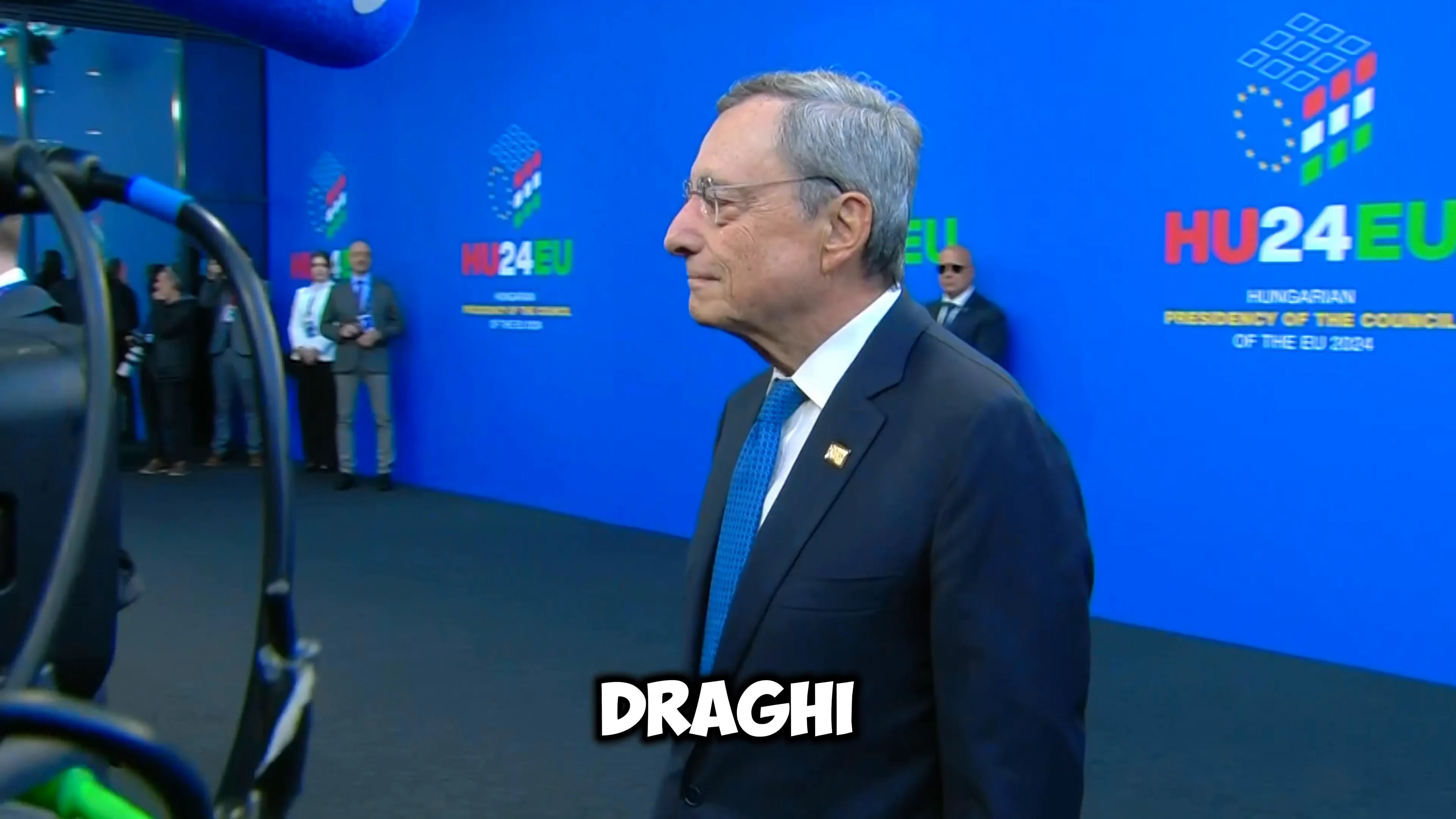
Budapest as a Symbol of Tolerance
Budapest was celebrated not only as the host city but also as a symbol of tolerance. Orbán highlighted the city’s unique cultural proximity, where significant religious institutions coexist peacefully within close quarters. This coexistence serves as a testament to the city’s dedication to fostering a spirit of unity among diverse cultures.
First Informal Meeting in Budapest
This summit marked the first informal meeting of the European Council held in Budapest since Hungary became a member of the EU. The significance of this gathering was underscored by the leaders’ commitment to focus on pressing issues, despite acknowledging existing political conflicts. The informal setting allowed for open dialogue and collaboration, setting the stage for future discussions on important European matters.
The Budapest Declaration on Competitiveness
The Budapest Declaration represents a pivotal moment for the European Union as it seeks to enhance its competitiveness in the global arena. Leaders emphasized the necessity of a collective approach to address declining productivity and trade participation. The declaration outlines a commitment to placing competitiveness at the core of EU efforts over the next five years.
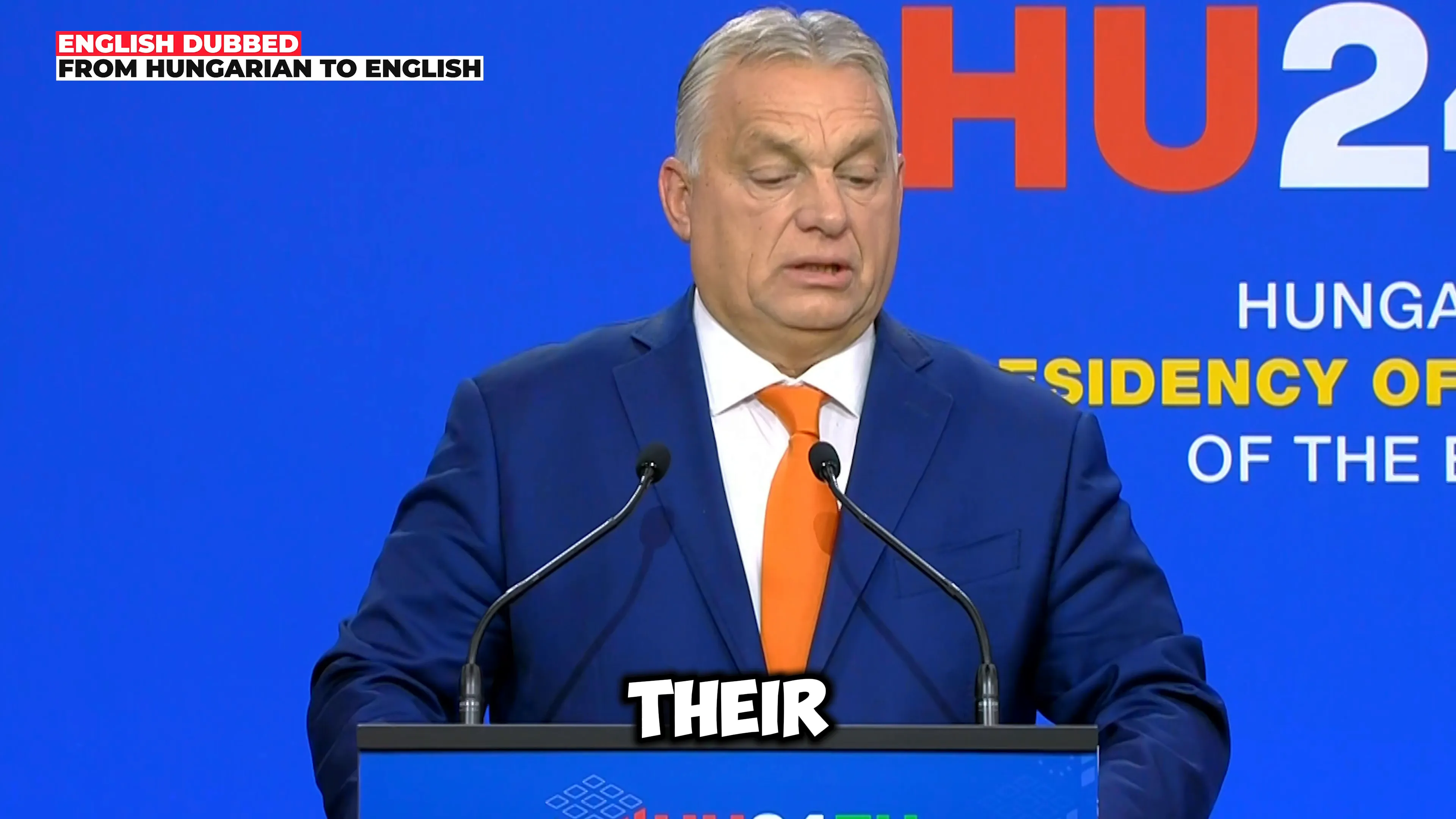
Key Points of the Declaration
- Administrative Simplification: A simplification revolution will be initiated to drastically reduce administrative burdens on companies, with a goal to alleviate reporting obligations by mid-2025.
- Energy Policy: Urgent measures will be implemented to mitigate high energy prices, a significant concern for businesses across Europe.
- Investment in R&D: A pledge was made to allocate 3% of Europe’s GDP to research and development by 2030, fostering innovation and growth.
Simplification and Energy Policy
One of the most pressing issues highlighted in the discussions was the need for simplification in regulatory frameworks. The leaders agreed that reducing red tape is essential for fostering a more conducive environment for businesses.
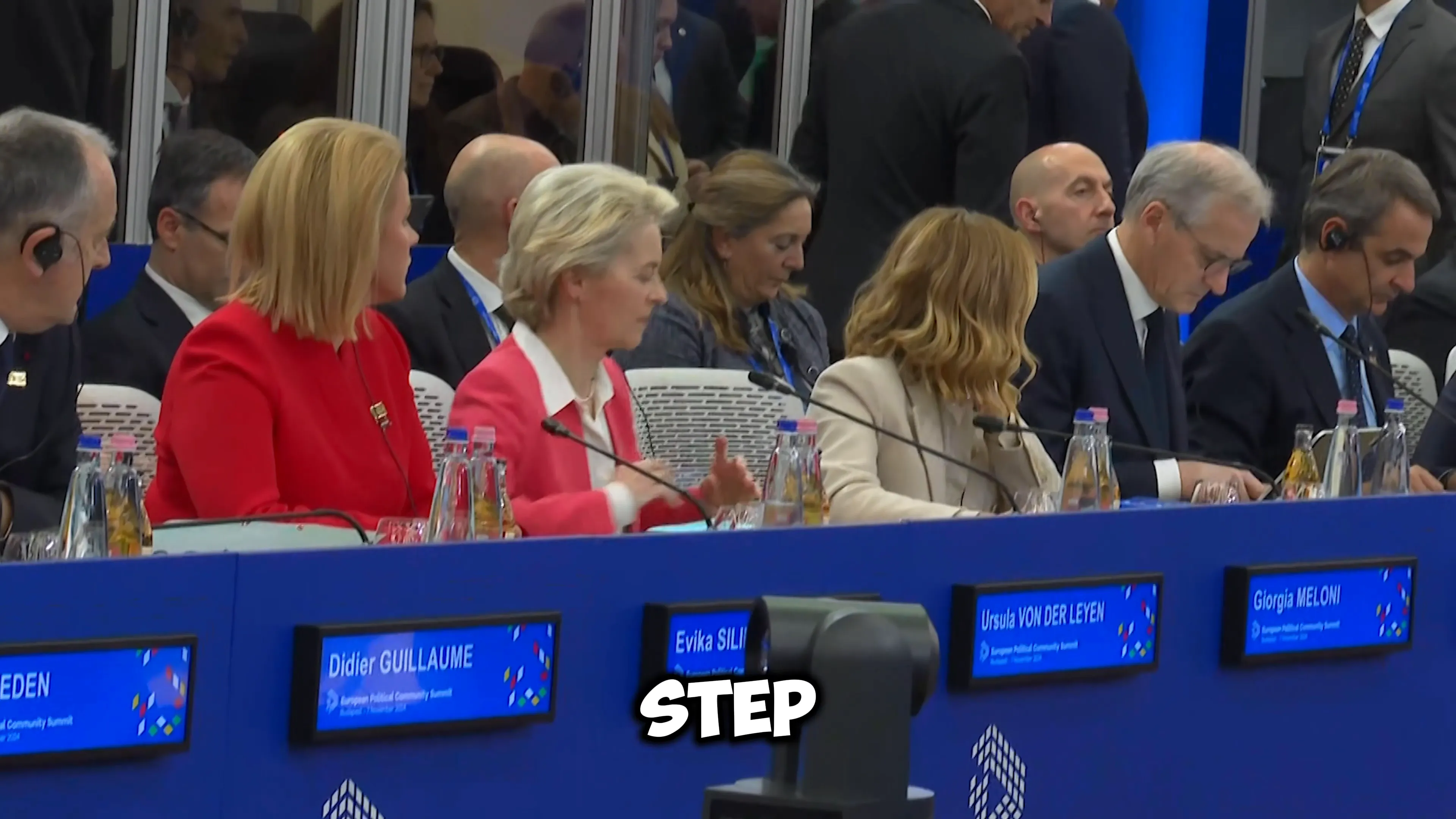
Reducing Administrative Burdens
The commitment to reduce administrative burdens is aimed at helping European companies compete more effectively. By streamlining reporting obligations, businesses will be able to focus on innovation rather than compliance.
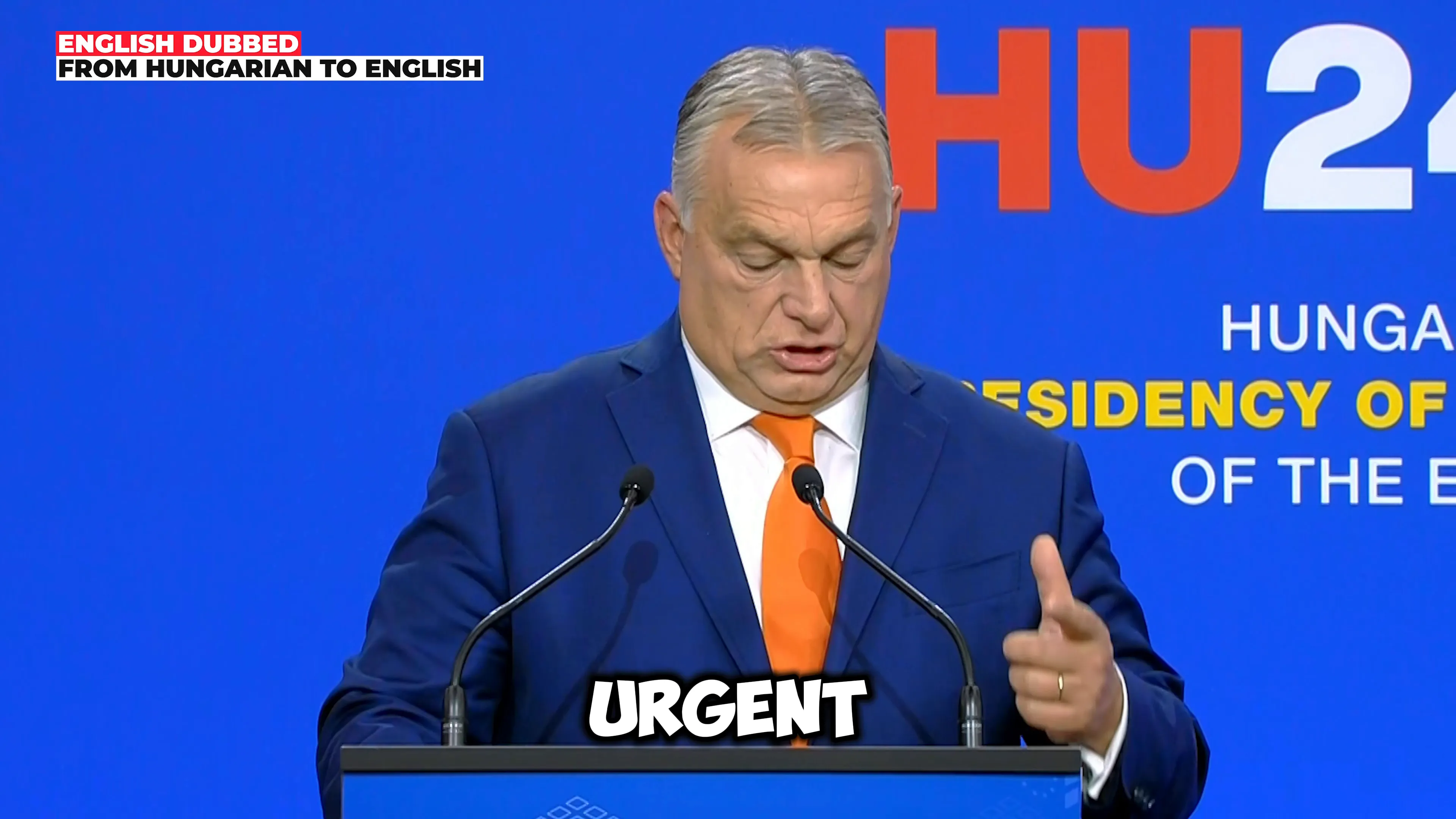
Addressing Energy Costs
High energy prices remain a significant challenge for European businesses, often hindering competitiveness. The leaders agreed to implement measures to address these costs, ensuring that energy prices do not stifle growth.
Capital Markets and Investment Strategies
The discussion on capital markets emphasized the necessity of mobilizing private capital for investment in the EU. Leaders recognized that European savings are substantial but often remain untapped.
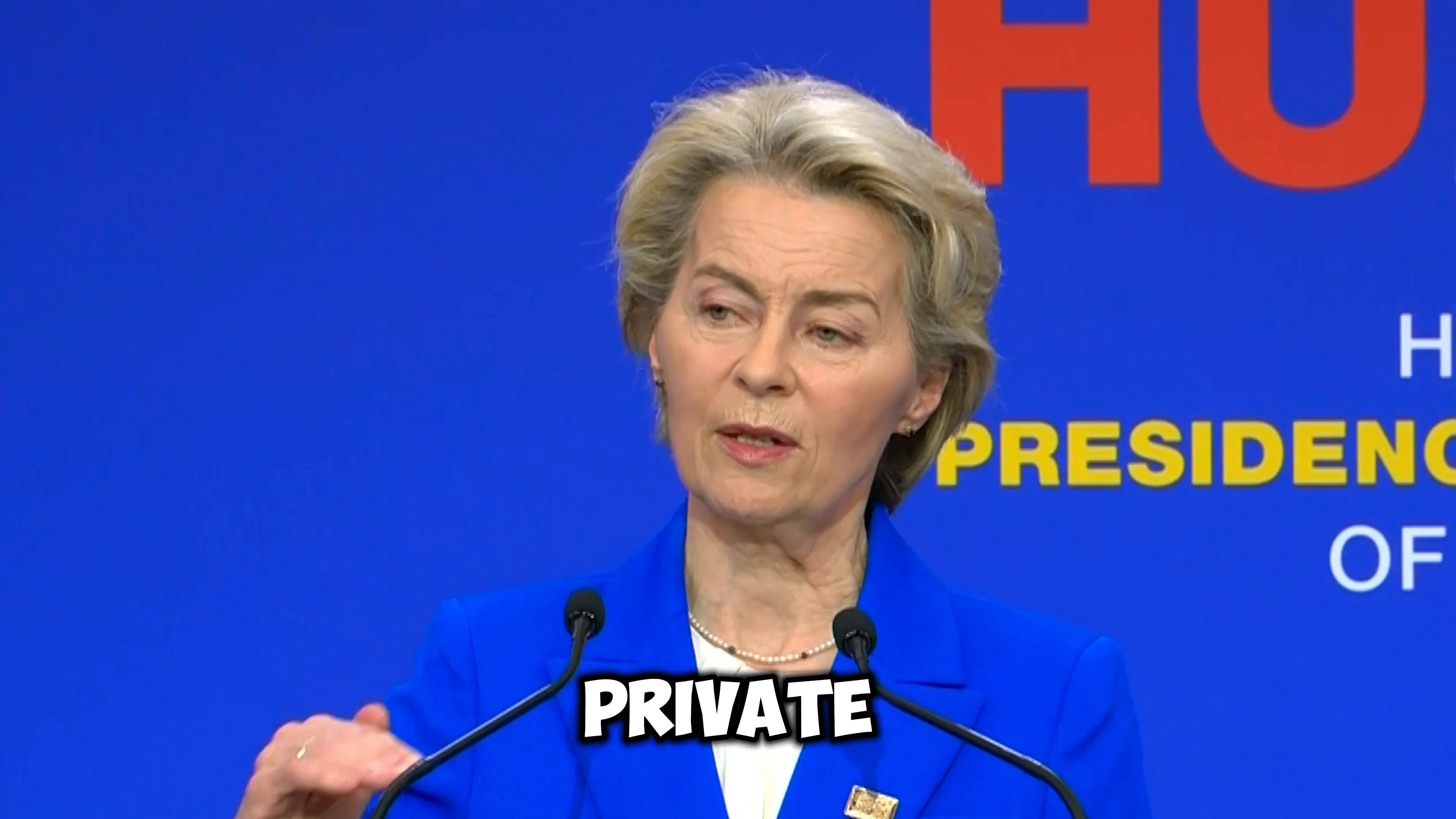
Mobilizing Private Capital
- European Savings and Investments Union: Initiatives will focus on transforming savings into investments that drive innovation and growth.
- Encouraging Risky Investments: The leaders acknowledged the need to encourage investments in high-tech sectors, which are crucial for future competitiveness.
Closing the Innovation Gap
Closing the innovation gap with global competitors emerged as a significant priority. The leaders recognized that while Europe excels in research, there are barriers to translating that research into market-ready products.
Facilitating Innovation and Startups
The proposal for a simplified regulatory framework for startups aims to remove the barriers that currently hinder their growth. The establishment of a single rule book for innovative SMEs will facilitate access to the single market.
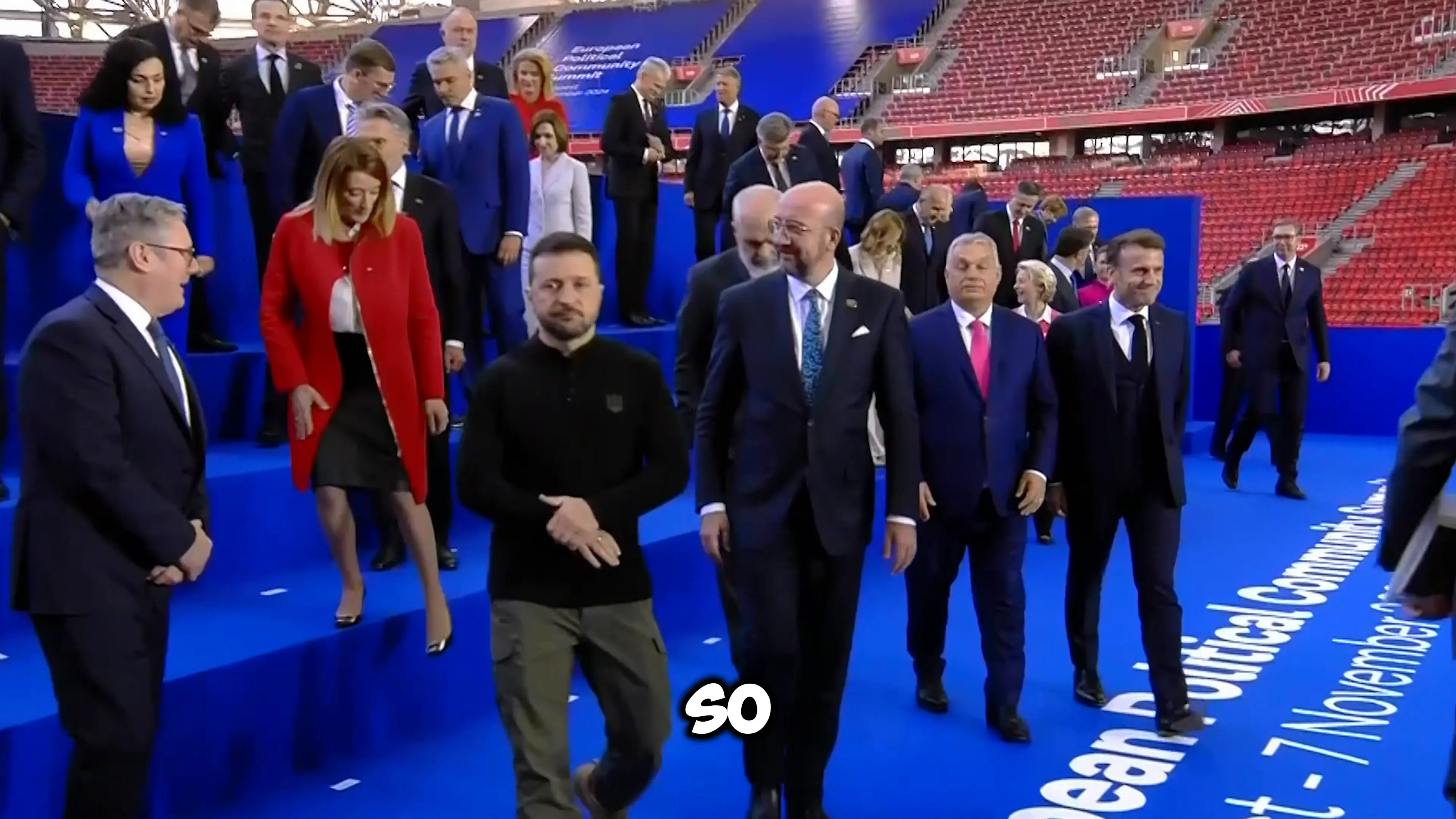
Strategic Security and Supply Chains
Strategic security was a focal point in the discussions, with leaders highlighting the importance of stable supply chains. The need for diversification and a circular economy approach was emphasized to mitigate vulnerabilities.
Diversification of Supply Chains
- Partnerships with Other Regions: Establishing trading partnerships will help reduce dependency on single suppliers.
- Circular Economy Initiatives: Recycling and reusing materials will minimize the need for new raw materials, promoting sustainability.
Final Remarks and Future Directions
The summit concluded with a shared commitment to implement the strategies outlined in the Budapest Declaration. The leaders expressed optimism about the future, recognizing the collective efforts needed to restore Europe’s competitive edge.
Looking Ahead
As Europe faces numerous challenges, the roadmap established during the Budapest summit sets a clear direction for future actions. The focus on competitiveness, innovation, and strategic security will be crucial in shaping a prosperous European future.
